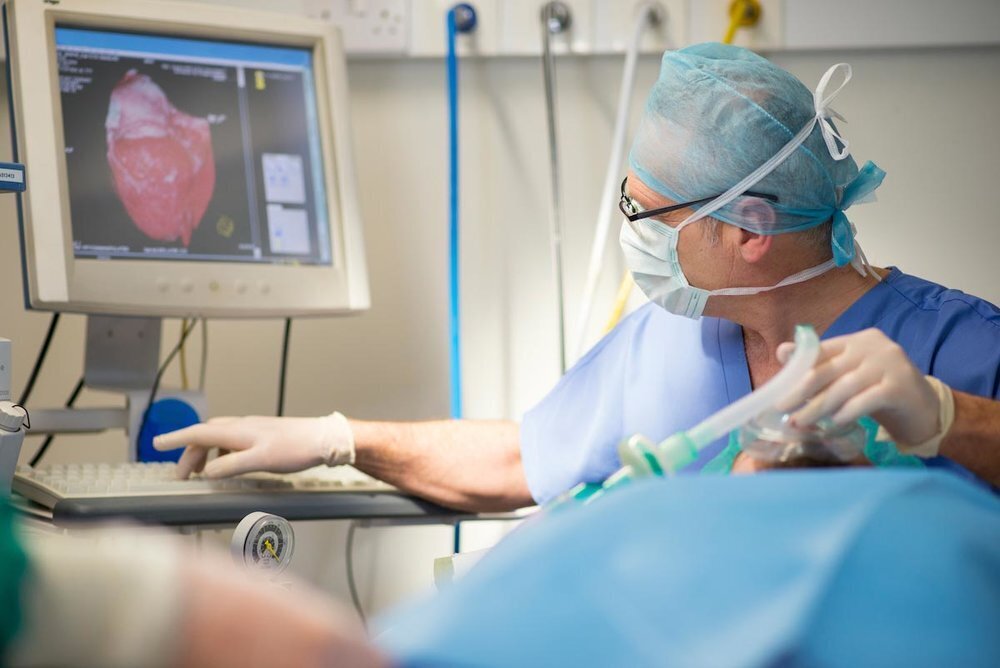TEHRAN – More than 200 health tourists from Tajikistan come to Iran for treatment each month, said Mohammad Hossein Niknam, the deputy health minister for international cooperation.
“The bilateral cooperation with Tajikistan in the field of health is going on well,” IRIB quoted Niknam as saying.
Referring to an agreement signed with Tajikistan, the official said the number of Tajik health tourists who are traveling to Iran for medical treatment will rise.
“Conducting joint research programs and holding annual conferences were also agreed upon.”
Meetings with the officials of Tajikistan were mainly about the export of medicine and pharmaceuticals from Iran, he said, adding that 28 Tajik doctors are passing subspecialty courses in Iran.
In October 2022, the two sides inked an MOU to expand medical and health cooperation.On July 17, Jamoliddin Abdullo Abdullozoda, the Minister of Health and Social Protection of Tajikistan, said importing medicine and medical equipment from Iran is a necessity.
“Holding retraining courses for our specialists by Iranian professors and importing medicine and medical equipment from Iran are among our needs,” he said on Monday in a meeting with Iranian Health Minister Bahram Einollahi in the city of Dushanbe.
Currently, the medicine required by Tajikistan is supplied by 11 Iranian pharmaceutical companies, Abdullozoda said, adding that the capacity of herbal and medicinal plants of Tajikistan can also be provided to Iranian pharmaceutical specialists, the Health Ministry’s website reported.
“My trip to Iran brought many experiences in the field of health, healthcare, and treatment, especially dental and laboratory equipment were worthy of attention in Iran.”
In October 2022, Einollahi and Abdullozoda inked a memorandum of understanding (MOU) to expand medical and health cooperation.
Einollahi stated that one of our major goals is a broad and strong relationship with the neighboring countries, especially Tajikistan, to develop practical cooperation.
“To carry out joint activities in the fields of information and knowledge exchange, control of communicable and non-communicable diseases, health insurance, medical education, medical equipment as well as cooperation with the World Health Organization, we are fully prepared,” he noted.
Iran is planning to send special envoys as health attachés to certain countries in Africa and Latin America, Einollahi said on July 16.
“We have negotiated with the Ministry of Foreign Affairs regarding the appointment of health attachés in the embassies of some countries with whom we cooperate in the fields of medicine, medical equipment, science and technology, and exchange of professors and students.”
“Health attachés are appointed in six countries in the first phase, including South American and African countries. We are also following up on dispatching health attachés in neighboring countries,” Einollahi added.
In this line, the first health attaché will be sent to Iraq by the next two weeks, he noted.
“The issue of medical tourism is very important. Therefore, countries that have extensive relations with us in the field of health diplomacy will be given the top priority.”
President Ebrahim Raisi has said the Islamic Republic is a suitable destination for medical tourism.
Highlighting the country’s great strides in medical and health sciences, Raisi said patients in many neighboring countries prefer to visit Iran for treatment than travel to Europe.
This is due to the lower cost and high level of expertise in Iran, Raisi said, Press TV reported.
On July 4, Mehdi Safari, the deputy foreign minister for economic diplomacy, said the ministry plans to attract six million medical tourists per year, IRNA reported.
TAGS


No comments:
Post a Comment